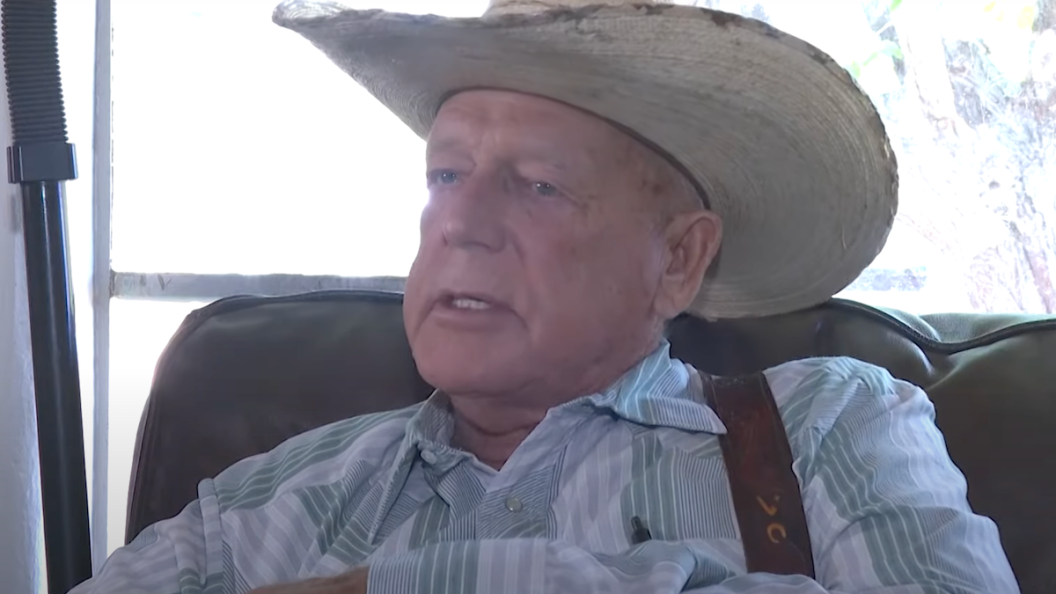Aside from recognition in the public eye and a few federal court appearances, little has changed in the life of Cliven Bundy, according to a new feature by the Associated Press.
Bundy, who led an infamous standoff in April 2014 against federal agents, continues to raise cattle and defy the government by not paying grazing fees.
"I believe that the militia saved our lives because there was some resistance there," Bundy told the AP. "If the federal government, the state, or the county government would've fired, they would've had some opposition."
Following the standoff, Bundy along with 18 others who were active in the militia group that resisted the feds were jailed, but only five were convicted of criminal charges. However, no one from Bundy's family was convicted of a crime.
Two years after the incident, Bundy's son, Ammon Bundy, led a weeks-long standoff at a federal wildlife refuge in Oregon, which resulted in one person being killed and 27 others being charged, but only two were convicted of serious crimes.
Although little has changed regarding the specifics of the 2014 case — Bundy continues to allow his cattle to illegally graze on protected public land because he doesn't recognize the federal government's authority — some say it emboldened like-minded activists and normalized the confrontational style of some conservative politicians.
Ian Bartrum, a law professor at the University of Nevada who has written about the standoff and federal land policy, told the AP that it was "an early warning sign of the MAGA/Trump movement" in that it's "a growing militia movement looking for someone to fight."
"I think we can safely say, 10 years later, the Bundys won that fight, and federal regulators don't seem at all eager to try again," Bartrum said. "We have bigger problems than cattle on public land at this point."
Bundy told the AP that if the federal government tried to confiscate his cattle again, he believes he'll have at his side. "There was 1,000 here last time and we'll have 10,000 here next time," he said.




